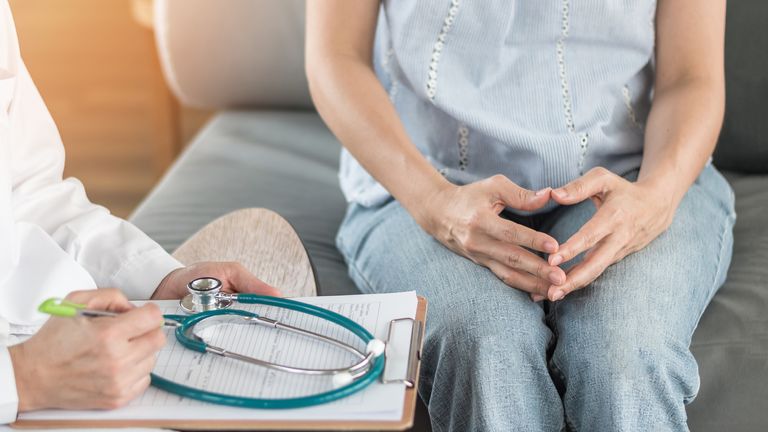A quick and easy cervical screening test women can do at home could be rolled out on the NHS in a move described as a “game-changer”.
The self-testing kit detects human papillomavirus (HPV), a group of viruses that cause no symptoms but can lead to cervical cancer.
About 13 high-risk types of HPV are known to cause 99.7% of all cervical cancers.
The kit could lead to about 400,000 more checks each year and NHS leaders said they are looking at making it available in England.
The biggest trial to date, known as the King’s College London YouScreen trial, shows the DIY kit can boost the number of women undergoing screening.
Figures show cervical screening uptake is declining, with nearly a third of women in England – particularly younger women – not taking their most recent test.
Experts warned women may refuse testing due to a lack of convenient appointments, embarrassment or worries about the test causing pain.
In the trial, women used a vaginal swab to take their sample either at home or in their GP practice, with those who took it at home posting it for free to a laboratory.
The trial results, published in the journal eClinicalMedicine, suggest over a million more women could undergo screening every three years in England if the kits were implemented.
‘A game-changer for cervical cancer screening’
“Self-sampling has been hailed as a game-changer for cervical screening and we now have evidence in a UK population to show that it really is,” said lead investigator Dr Anita Lim, from King’s College London.
“Women who don’t come for regular screening are at the highest risk of developing cervical cancer.
“Cervical screening participation has been falling in England for over two decades. Currently a third of eligible women aren’t getting screened regularly and in some parts of London this is as high as 50%.
“It is crucial that we make cervical screening easier by introducing innovations like self-sampling, alongside the current cervical screening programme, to help protect more people from this highly preventable cancer. Self-sampling can do this by offering people choice and convenience.”
Professor Peter Sasieni, head of the research group at King’s College London and now at Queen Mary University of London, said the UK is “well on the way to turning cervical cancer into a rare disease”.
He said while the introduction of an HPV jab in schools was offering huge benefit, women born before 1990 still need regular screening as they have not been vaccinated against cervical cancer.
Currently, the NHS invites women for screening every three to five years depending on their age, or if HPV is detected.
If HPV is found, women may then be invited back for another test in a year or have a different test to look at their cervix.
Countries such as the Netherlands, Australia, Denmark and Sweden have already introduced self-testing kits.



























